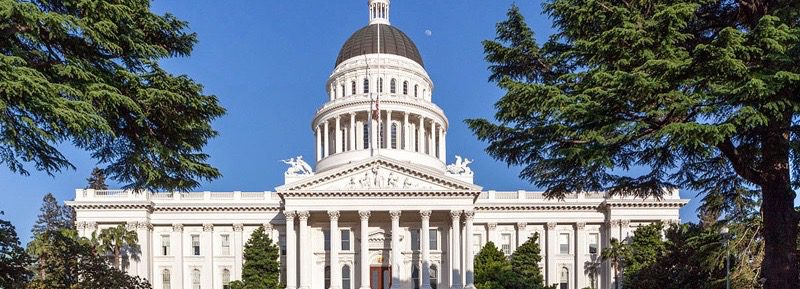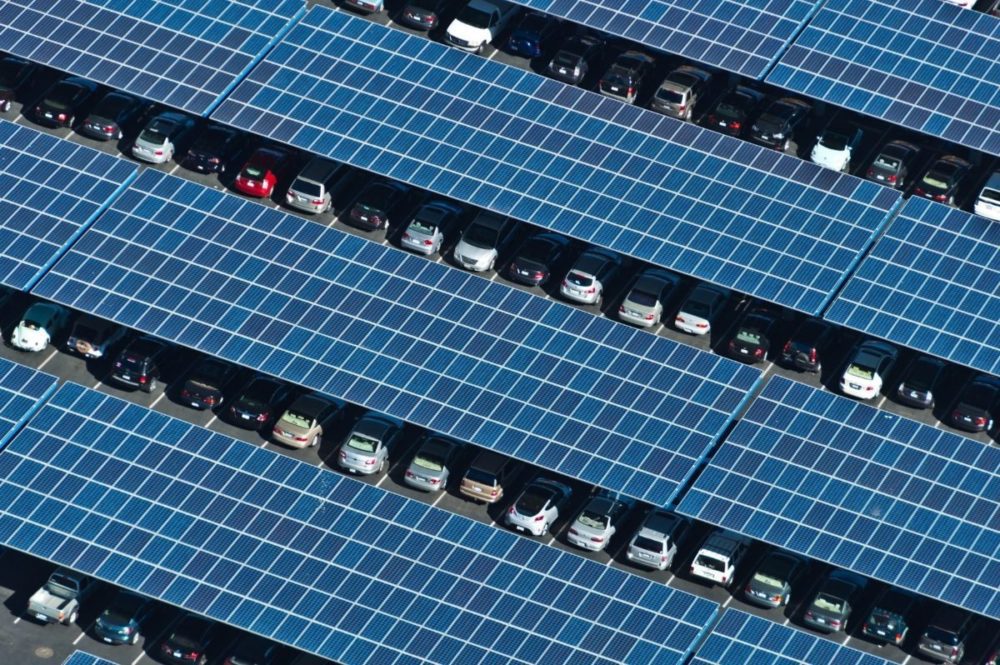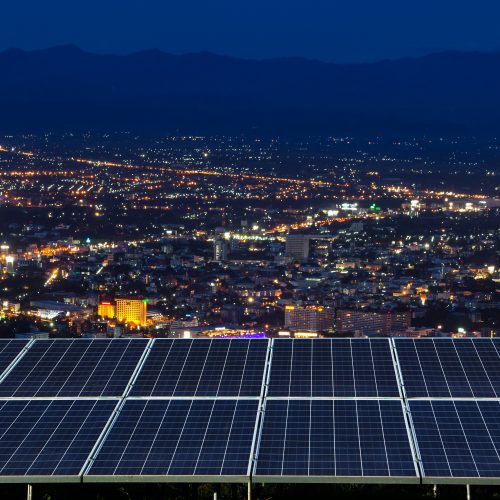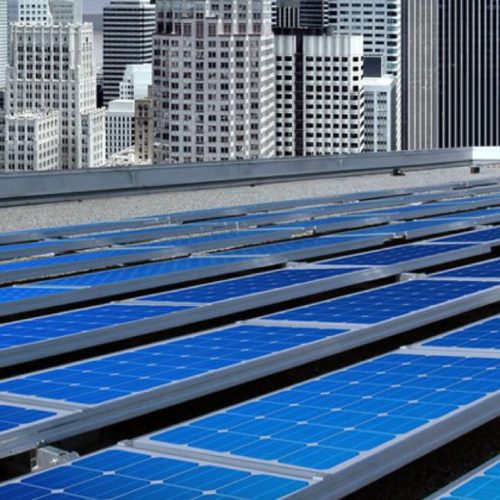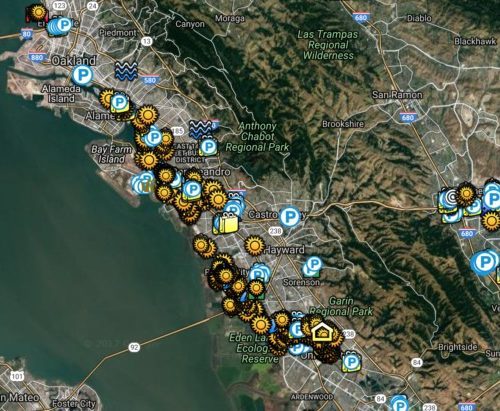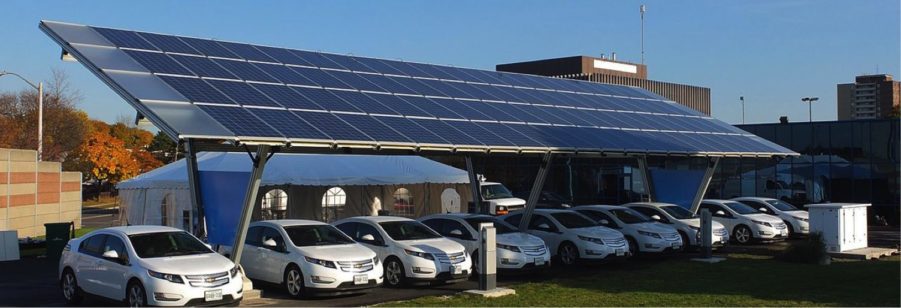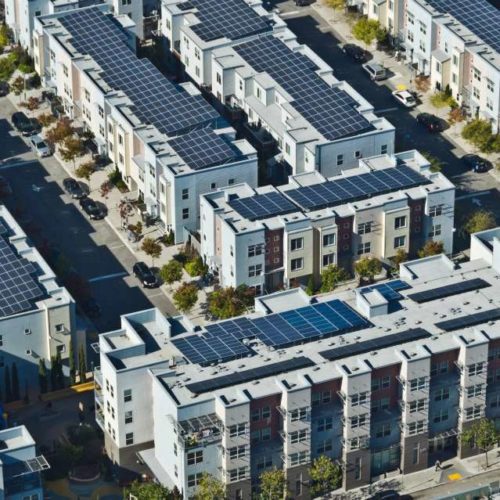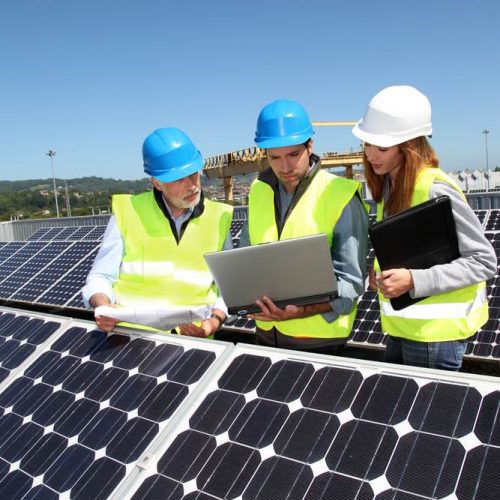Removing barriers to clean local energy
California is poised to bring significantly more clean local energy online. But some serious hurdles remain. The Clean Coalition is working to overcome these — streamlining the front-of-meter (FOM) or wholesale distributed generation (WDG) interconnection process, helping plan for more FOM projects on the grid, and fixing the system for assessing Transmission Access Charges.
Showing the value of clean local energy
Currently, the full value and benefits of FOM projects are not recognized and compensated in procurement processes. The Clean Coalition is working to fix this. In addition, with our unique combination of technical, economic, and policy expertise, we’re showing that solar+storage can cost-effectively obviate the need for gas peaker plants.
